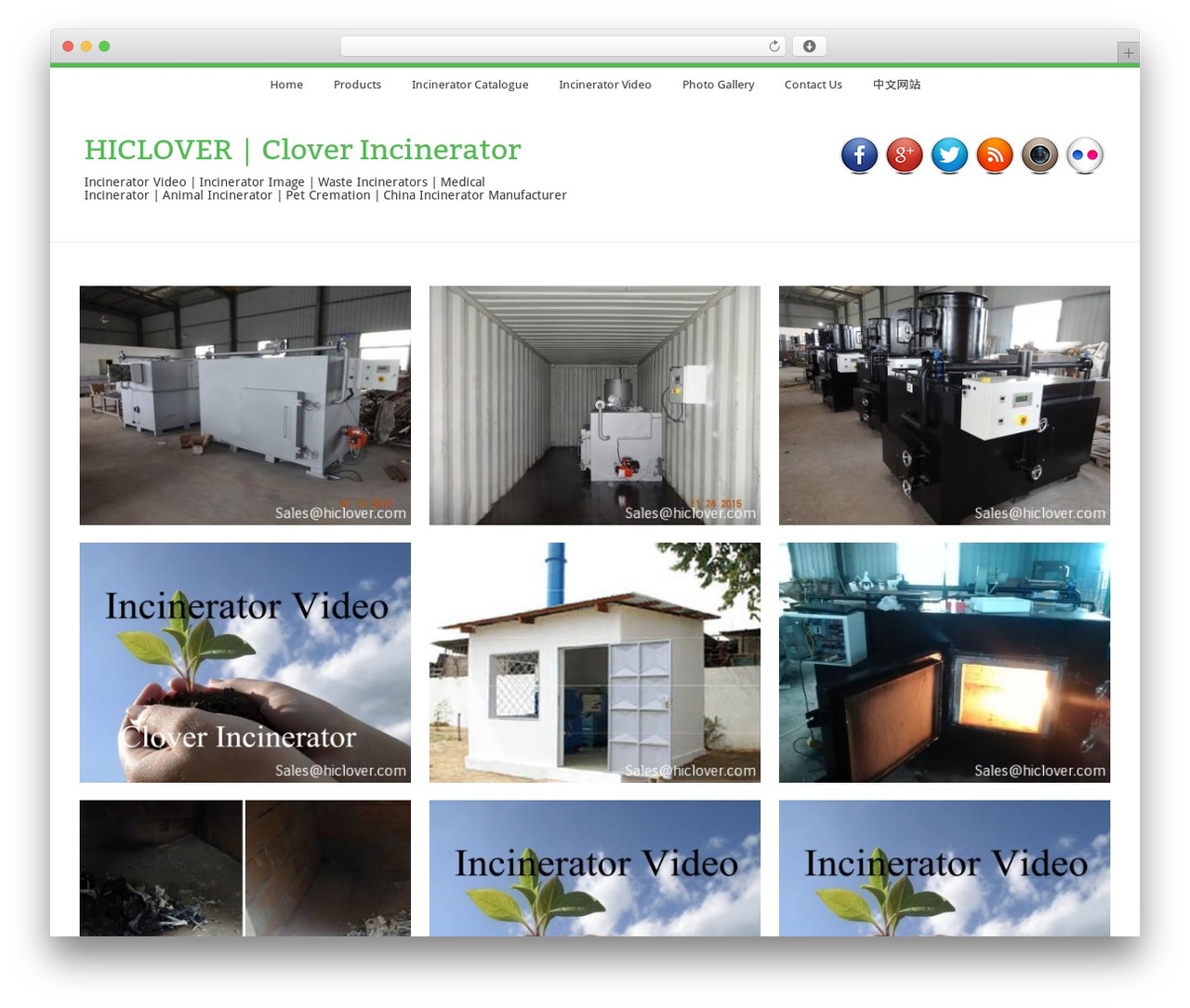In medical facilities and laboratories, the generation of biohazardous waste is a common occurrence. This type of waste, which includes items contaminated with blood, bodily fluids, or potentially infectious materials, poses a significant threat to public health. Improper disposal of biohazardous medical waste can result in the spread of infectious diseases, as well as harm to the environment. To protect public health, it is crucial to implement safe and effective methods for the disposal of biohazardous waste.
The first step in safely disposing of biohazardous medical waste is to properly segregate and label it. All biohazardous waste must be separated from other types of waste and placed in clearly labeled containers. Red biohazard bags or containers with the biohazard symbol are typically used to indicate the presence of infectious materials. It is important to ensure that all staff members are trained in the proper segregation and labeling of biohazardous waste to prevent any mix-ups or accidents.
Once the waste has been segregated and labeled, it must be treated and disposed of in accordance with local regulations and guidelines. Many medical facilities and laboratories utilize autoclaves or other types of sterilization equipment to decontaminate biohazardous waste before disposal. This process effectively kills any microorganisms present in the waste, rendering it safe for handling and disposal.
After treatment, the biohazardous waste must be transported and disposed of in a manner that minimizes the risk of exposure to the public and the environment. It is important to work with licensed and reputable waste management companies that specialize in the disposal of biohazardous waste. These companies have the necessary expertise and equipment to safely handle and dispose of biohazardous waste in compliance with regulations.
In addition to following proper disposal procedures, healthcare facilities and laboratories should also implement measures to minimize the generation of biohazardous waste. This may include implementing infection control practices, using safer and less hazardous materials, and educating staff on the proper handling and disposal of biohazardous waste.
It is crucial for healthcare facilities and laboratories to prioritize the safe and proper disposal of biohazardous medical waste to protect public health. By implementing effective waste management practices, the risk of infectious diseases spreading and harming the public can be significantly reduced. Additionally, responsible disposal of biohazardous waste helps to preserve the environment and ensure the safety of the community. By following the proper procedures for segregating, treating, and disposing of biohazardous waste, healthcare facilities and laboratories can play a vital role in safeguarding public health.



